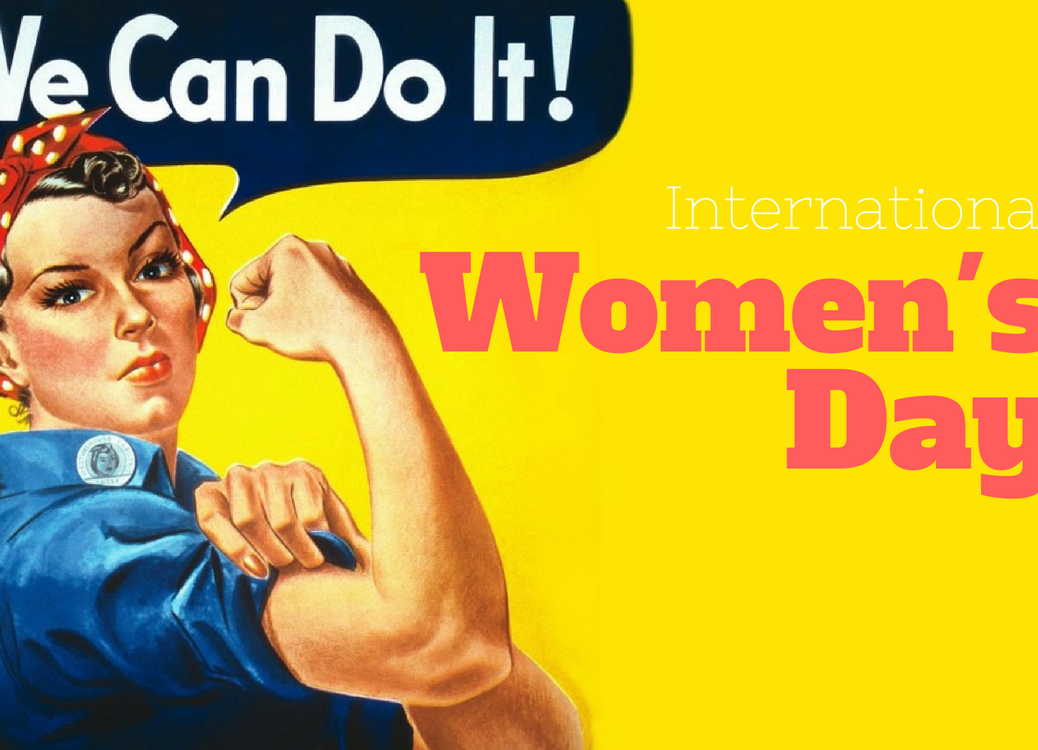
More than a century since the first International Women’s Day, the quaint — once even revolutionary — annual event is now largely irrelevant to the lives of women in Britain, writes Emelia Hamilton-Russell
In Latin America, el Día Internacional de la Mujer is huge. Every year on 8 March schools across the region devote most of the day to the celebration: children present their female teachers, mothers, grandmothers, sisters and aunts with flowers as a token of their appreciation. Women — young, old, politically engaged or utterly disinterested in politics, feminist or not — will congratulate each other on ‘our day’.
By contrast here in the UK International Women’s Day has barely surfaced in public consciousness, certainly not until very recently. I didn’t even know it existed until I spent time in Chile. Never has anyone in the UK wished me a ‘Happy Women’s Day’, and it would be odd if they did.
Because even in the wake of #timesup and #metoo, there is something unsettling and faintly condescending about the concept of a ‘Woman’s Day’.
After all, at more than 50 per cent of the population, we aren’t a minority group, nor, in the West, are we particularly oppressed. Our male counterparts are expected to shoulder their fair share of the childcare and housework, and, with a female prime minister (albeit only our second), the concept of a glass ceiling is laughable to younger women.
It wasn’t always like this, of course. The first International Women’s Day was organised by the German socialist Clara Zetkin in March 1911 when the world was a very different place. Its purpose was to advance women’s suffrage by acknowledging their enormous contribution to humankind. Back then, women’s work, both domestic and economic, generally went unsung. But do we, in the modern West, really need reminding that women pull their weight?
The answer is yes and no. Concrete statistics such as the gender pay gap, the lack of representation of women at the top level of business, the much-reported double burden of paid work and household chores for women, the lack of affordable childcare, and even period poverty all serve as evidence that life for women in the UK is harder than that of a man, particularly if they are poor. But the numbers in most cases are heading in the right direction.
So do we still need the day? For women in Britain the answer is categorically no — if the job of final, total equality — whatever that looks like — is not quite done then women are certainly well on the way. Yes, there aren’t enough FTSE 100 female chief executives; yes, it would be good to have 50:50 male/female representation in the Cabinet. But do we need a day — a ‘special’ day given over to women? Not any more — no more than we need one for men, who don’t forget die younger, work longer hours, and suffer a higher rate of suicide than women.
But that’s just here, in what we might describe — with due caution — as a progressive, developed nation. Because without doubt the plight of women in other parts of the world make the case for IWD: take Saudi Arabia, where women didn’t get the right to vote until 2015 – almost 100 years behind the UK, or the 65 million girls worldwide who are barred from basic education, according to UNICEF. This year, International Women’s Day is focusing particularly on the rights and activism of rural women, who make up over a quarter of the world population and are being left behind in every measure of development.
So if a campaign like IWD can make waves that spread outwards, and reach communities that have never even heard of Golden Globes or the Twittersphere, then that’s something worth celebrating. But it’s also something that’s worth having at the top of the agenda all year round — and not on a tokenistic single day. #timesupforIWD
Emelia Hamilton-Russell is a researcher at Spear’s
Emmeline Pankhurst Would be Proud






